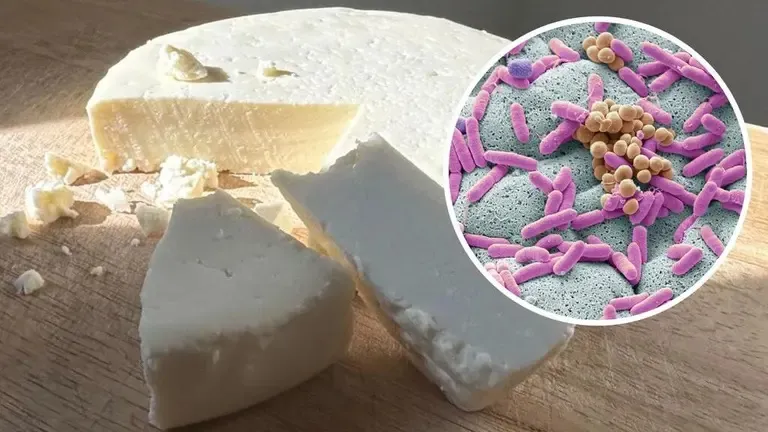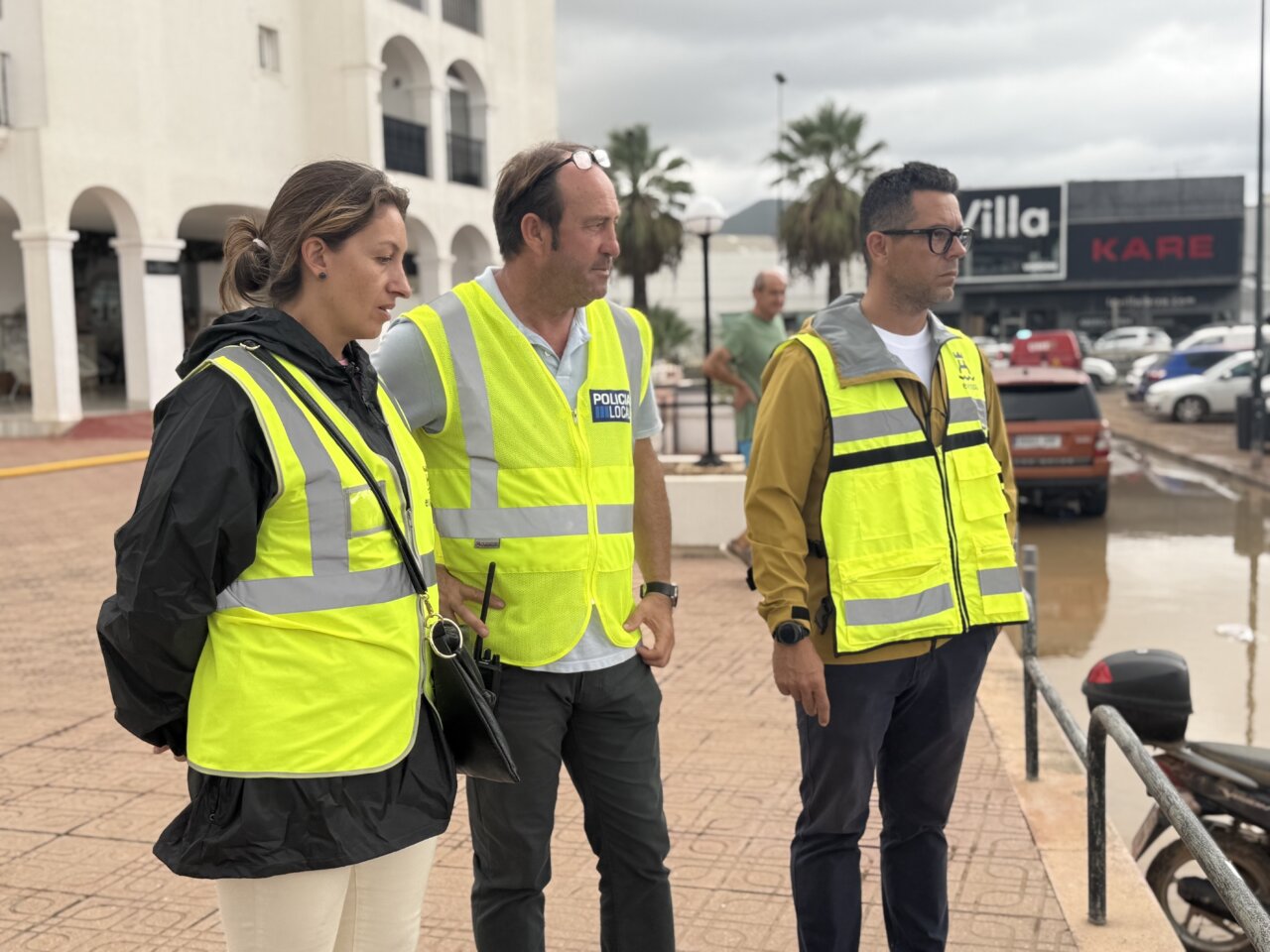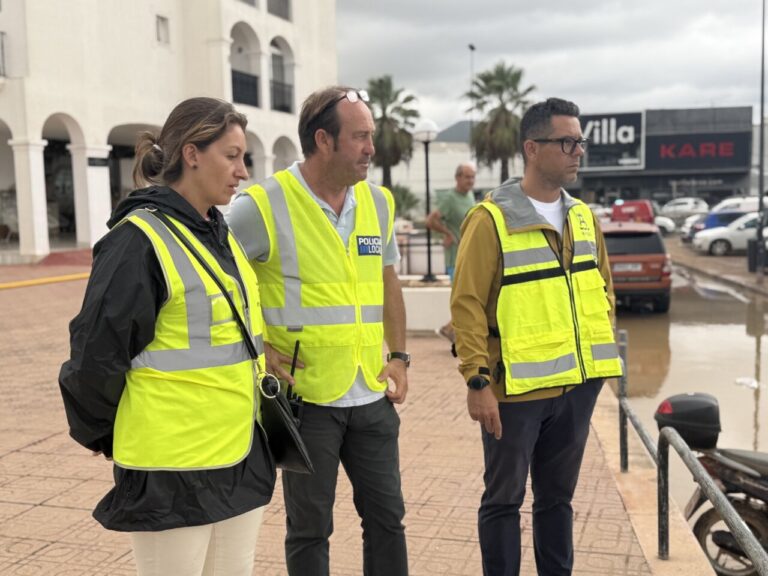The recent health alert issued in the Basque Country, Navarra and other communities due to the presence of Listeria monocytogenes in several cheeses made from raw sheep and cow milk has reignited the debate on food safety in Spain.
The affected products, marketed under the Beiardi, Agort, Udabe and Eroski brands, have been withdrawn from the market after contamination was confirmed in certain batches. Although the incidence is limited, the authorities insist that the episode must be taken seriously.
How is food contaminated with listeria?
Listeria is a well-known bacterium in food control systems, but also one of the most difficult to detect by the consumer. It does not alter the taste or smell of food, so an apparently normal cheese can hide a real risk. Products made from raw milk are particularly sensitive, as they do not undergo heat treatment to eliminate pathogenic microorganisms.
The distribution of the affected batches in the Basque Country, Navarra, Castilla-La Mancha and Aragón has activated the protocols of the Coordinated System for the Rapid Exchange of Information (SCIRI). The autonomous communities have ordered to stop immediate consumption and to reinforce microbiological controls.
Symptoms and vulnerable groups

Health recommends those who have consumed any of the affected cheeses to be alert to possible vomiting, diarrhea, fever or general malaise, and to go to a health center if they appear.
Pregnant women, the elderly and those with weakened immune systems are the groups most at risk, as listeriosis can lead to serious complications.
The specialists point out that, despite being a country with a deeply rooted cheese culture, not all the population is fully aware of the risks associated with unpasteurized products.
“It is not enough to issue alerts; it is necessary to insist on food education,” they point out.
Why do such incidents continue to occur?
Experts consulted recall that making cheese from raw milk is a traditional and valued process, but it requires extreme controls at every stage of production. Any deviation, however small, can allow listeria to survive and multiply.
Although Spain has an important surveillance system, this type of alert shows that food safety is a delicate process involving producers, distributors, inspectors and, finally, consumers.








